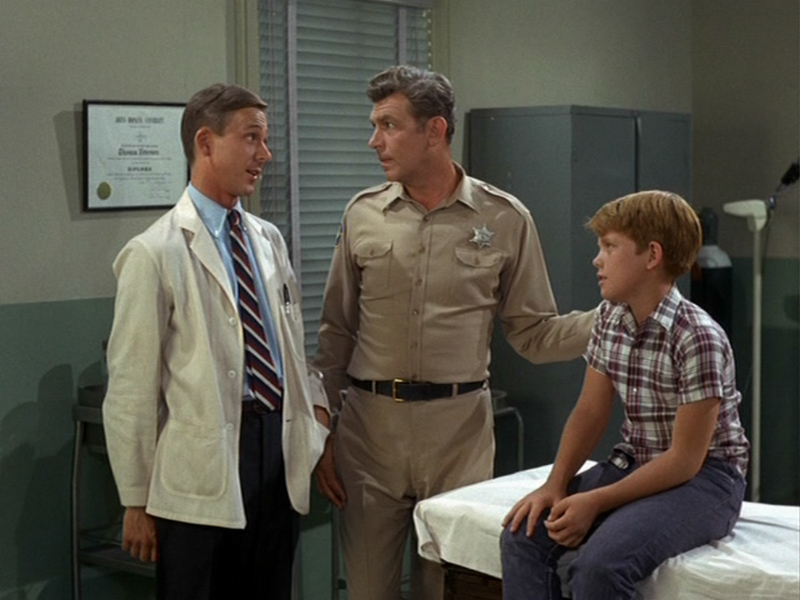Confession: my first day on the job here in Bishkek was the first time I’d ever set foot in an American embassy. I dreamed of, pursued, got hired for, trained for, and started a career working in a setting I knew almost nothing about.
Now I’m in the embassy 5-6 days a week. Each day it becomes a little clearer what I signed up for.
Embassies are protected little bubbles of America on foreign soil. We’re here in Kyrgyzstan, a country so far out that some of our family thought we had made it up when we announced this assignment… but I spend most of my time in a glorified American office building speaking English (or, more accurately, emailing in English).
Foreign Service Medical Providers of all stripes, in all countries, seem to go through a transitional period of realizing that our primary job isn’t patient care, it’s running the clinic. Though I’m celebrating being here, I find myself grieving for the hole in my life where patient care used to be.
Perhaps the starkest realization about my new career is that when I do practice medicine, it’s the most extreme version of small-town medicine.
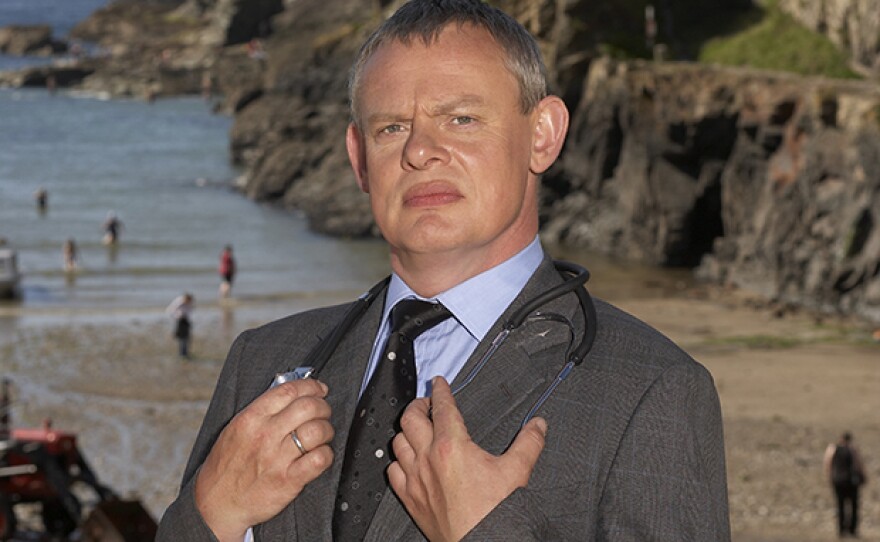
In my prior life, I can recall twice treating patients for STI’s, then bumping into them a day later. One was the cashier at a ULTA, where my wife was buying a fancy conditioner or something; I politely avoided eye contact and continued browsing while my wife checked out. The other served me lunch one day, because it turned out she worked in the kitchen of the pizza joint near my work; she greeted me cordially. Both experiences stuck out to me because of the sensitive medical details, but they didn’t *bother* me. People are multifaceted. Being a human is a wonderful, messy experience. Being a medical provider means having access to people’s vulnerabilities. I respect that trust, and never reduce my patients to their disorders.
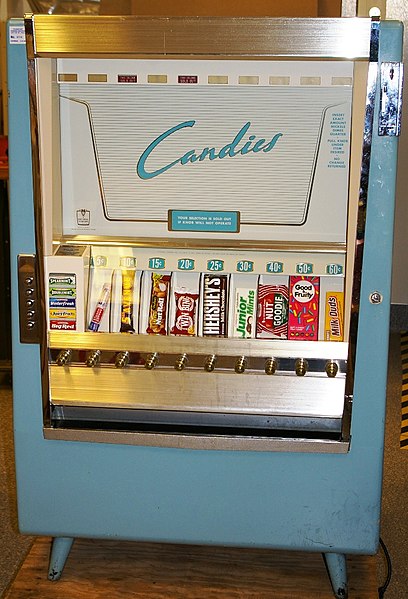
On the other hand, I hope that my patients don’t reduce me to a medicine vending machine. US Embassy Bishkek is a tiny, rural town. Population: a few hundred. Practicing medicine here requires taking The Art of Compartmentalizing to a new level. A single person might be:
- My patient,
- My partner on one project,
- My supervisor on another project,
- On the panel to interview my wife for an embassy job,
- Hosting a birthday party that my kids are going to, and
- Selling us a car
Each interaction has its own unspoken protocol… are we sitting at lunch with a big group? are we in my exam room, evaluating your wrist pain? are we in your office, talking about my performance review? are we chatting on WhatsApp because somebody spotted REAL cheddar cheese somewhere in town, and go quickly, because there were only 4 bricks left?
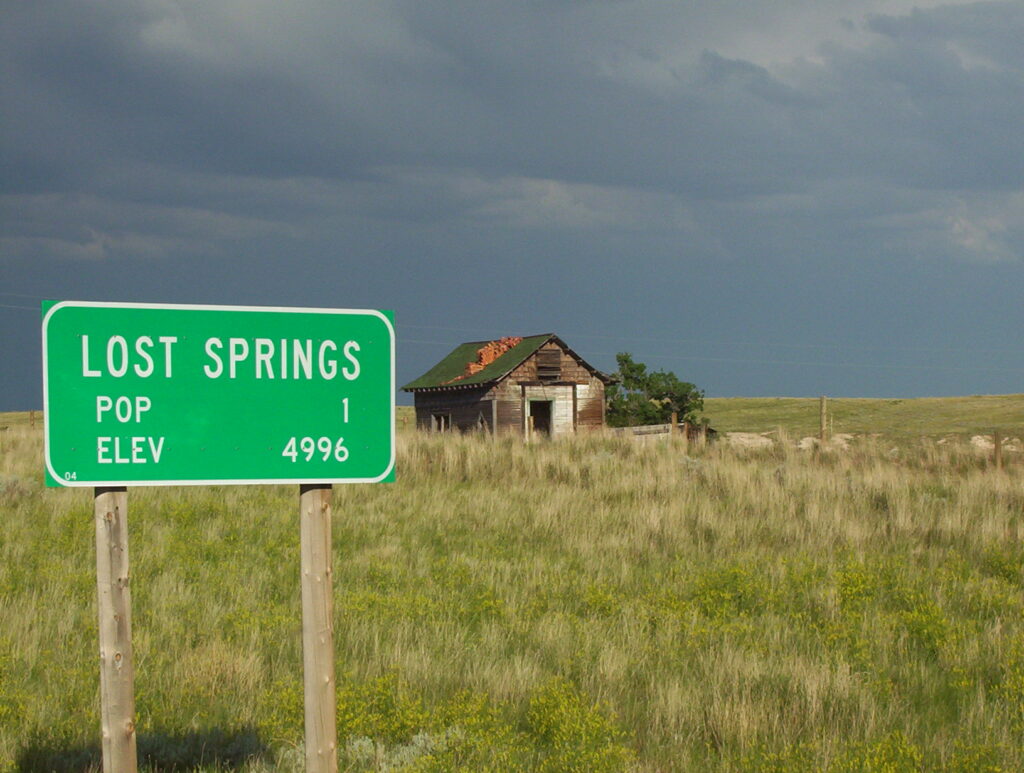
Behaving appropriately in each type of interaction is typically easy for me. All medical providers run into their patients “in the wild,” and we’re used to guarding their privacy as a sacred trust.
However, I’m realizing that boundary-setting will be a crucial part of my career, evermore.

“You know, I’d rather not talk about your med refills while we wait for the appetizers at this happy hour.”
“Let’s not talk about your urine during this meeting about Air Quality – but you can make an appointment!”
“Actually, for the sake of privacy, this meeting probably isn’t the place to show me your rash…”
That last one? The patient steamrolled right over my attempt to set boundaries! They went right on, “oh no, it’s ok, I’m not worried about the privacy. Here, look I think it’s spreading…”
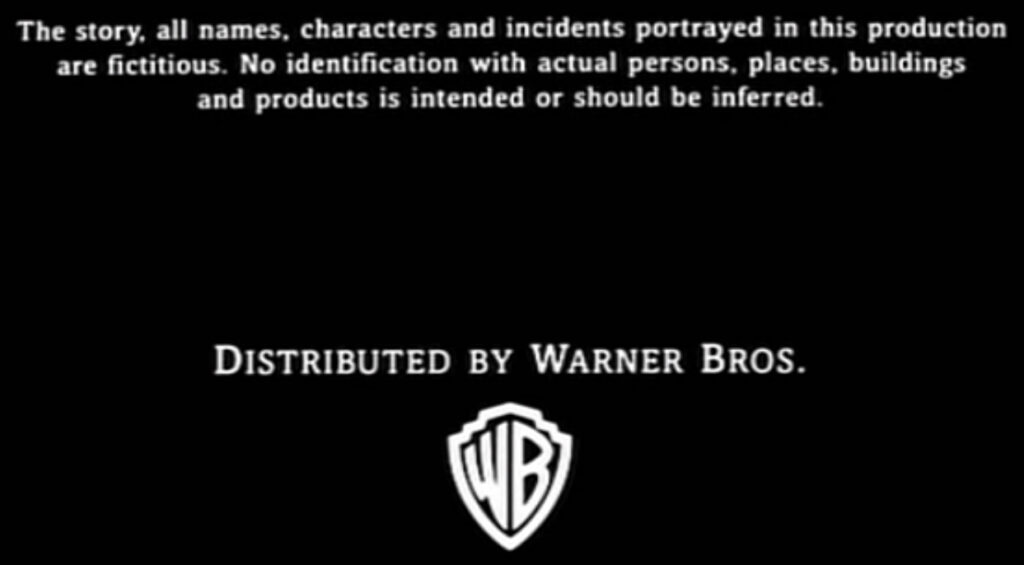
At a formal event, a patient approached me to tell me that their ingrown toenail was feeling way better after I’d worked on it, but they had a few questions… immediately their spouse came over, glowering at me, and scolded, “You shouldn’t talk about people’s medical problems in public!”
“I agree completely! I was just telling your spouse the same thing after they brought it up…”
My job is to help keep this little town healthy. I love my job. At the end of the day, when it’s just Foreign Service Medical Providers around, what’s repeated over and over is, “this is the best job in the world.” We’re a sentimental bunch, I think, and we all are passionate about keeping our embassy families healthy.
But I’m especially endeared to the lovely woman who caught me in the hallway and said, “There’s something I’d like to talk to you about, but this is not the time or place – can you please tell me how to make an appointment?”
How diplomatic of her! 😅
